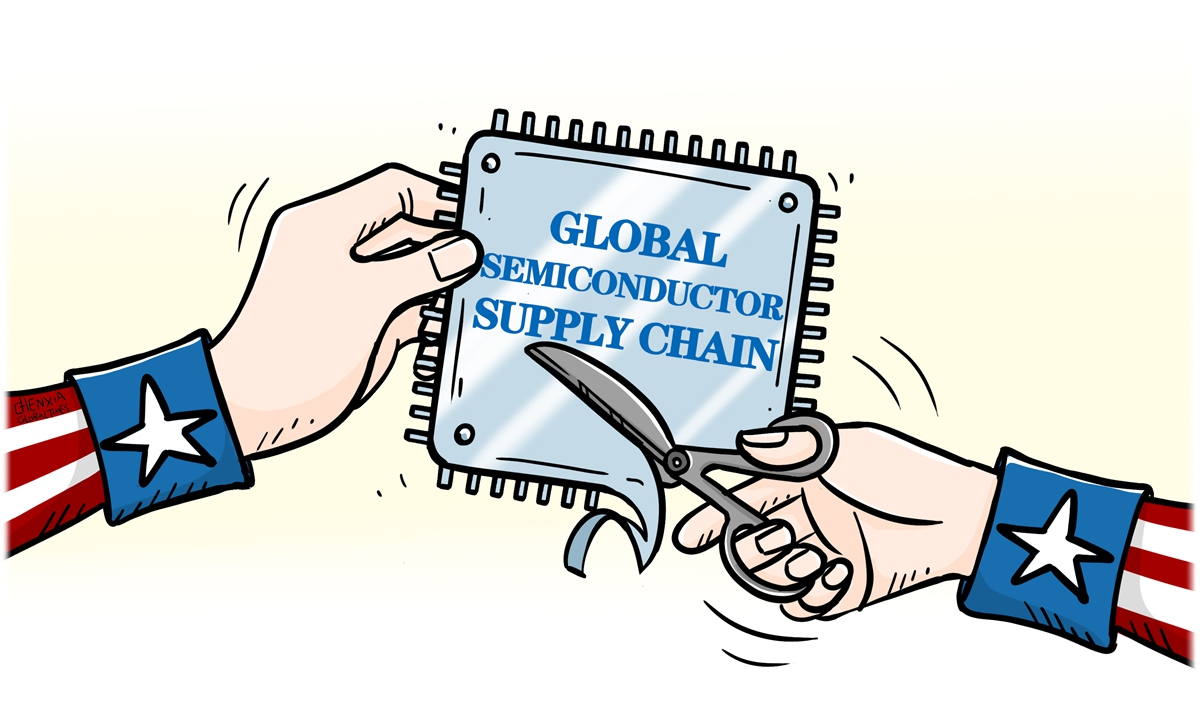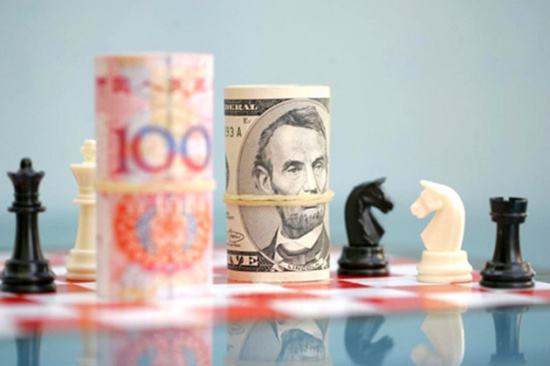He Weiwen, Senior Fellow, Center for China and Globalization, CCG
May 11, 2023
Lip service notwithstanding, what Washington has been doing over the years is a form of decoupling with China — in the guise of national security. Top American officials have not articulated any boundary between decoupling and what they say are moves to “de-risk” the relationship. In many ways, they look the same.
He Wenping, Senior Research Fellow, Charhar Institute and West Asia and Africa Studies Institute of the China Academy of Social Sciences
Mar 24, 2023
The hype over a separation of China and the United States is rooted in a new cold war mentality. But Premier Li Qiang said the two can and must cooperate. There is much they can achieve by working together, while encirclement and suppression is in no one’s interest.
Joseph Vaughan, Masters Student, Johns Hopkins University School of Advanced International Studies
Justin Feng, Masters Student, Johns Hopkins School of Advanced International Studies
Oct 14, 2022
Export controls are central in economic competition between the U.S. and China. A new U.S.-led multilateral export control regime could further entrench efforts to exclude China from accessing Western technology.
Brian Wong, Assistant Professor in Philosophy and Fellow at Centre on Contemporary China and the World, HKU and Rhodes Scholar
Sep 30, 2022
U.S. and Chinese officials have grown accustomed to barbed exchanges in the public forum. It would seem that the minds of the two nations are diverging to opposing extremes. While a U.S.-China schism is undeniable, the world of academia is operating at a different wavelength than their government counterparts.

Sun Bingyan, Vice Director of Research Center for Intellectual Property and Technological Security, University of International Relations
Wang Dong, Professor and Executive Director, Institute for Global Cooperation and Understanding, Peking University
Aug 15, 2022
Washington wants to build a “small chip world” for itself that is decoupled from global supply chains. This is pure fantasy. The act can neither help the U.S. achieve a secure supply chain nor rejuvenate its domestic chip manufacturing sector. And it won’t slow China down either.

Dan Steinbock, Founder, Difference Group
Jan 08, 2022
In the past, the U.S. dollar and Chinese yuan used to move inversely. Recently, that has not been the case. The dollar is appreciating, and so is the yuan. Are the bilateral currencies decoupling?
Yu Yongding, Former President, China Society of World Economics
Dec 14, 2021
In 2018, Steve Bannon, then-US President Donald Trump’s chief strategist, argued that the United States needed to “decouple” from China. Since then, the term has become a fixture in discussions of Sino-American relations – to the point that some, such as former Australian Prime Minister Kevin Rudd, have warned that it could become a self-fulfilling prophecy. How salient is that risk today?
Li Yan, Director of President's Office, China Institutes of Contemporary International Relations
Nov 03, 2021
While a recent speech by U.S. Trade Representative Katherine Chi Tai was filled with accusations and predictable slanders against China, it also reflected a somewhat more nuanced trend, showing that America is attempting to moderate relations.
Zhang Monan, Deputy Director of Institute of American and European Studies, CCIEE
Feb 23, 2021
As the U.S. continues its financial blockade against China, China can respond by opening up to foreign financial institutions and achieve recoupling.
He Weiwen, Senior Fellow, Center for China and Globalization, CCG
Nov 03, 2020
Interwoven interests with the United States are a Gordian knot that cannot be cut without doing serious harm. Alarm bells are ringing in Washington.
Back to Top

- China-US Focus builds trust and understanding between the U.S. and China through open dialogue among thought leaders.
- Our Offerings
- Topics
- Videos
- Podcasts
- Columnists
- Research Reports
- Focus Digest
- Stay Connected
-
Thanks for signing up!
- Get the latest stories from China-US Focus weekly.